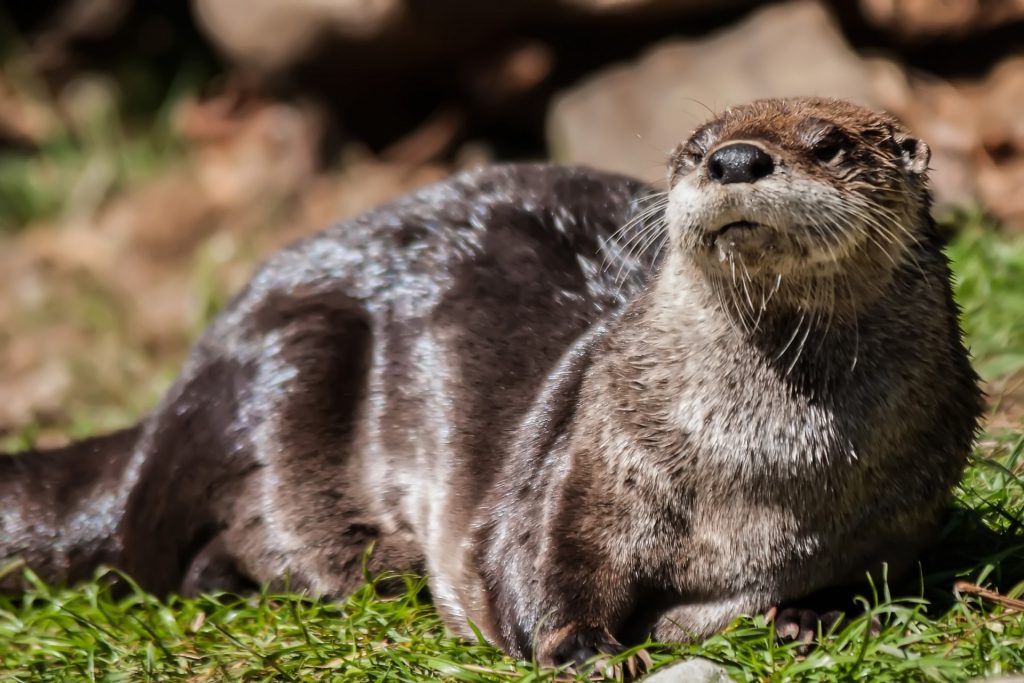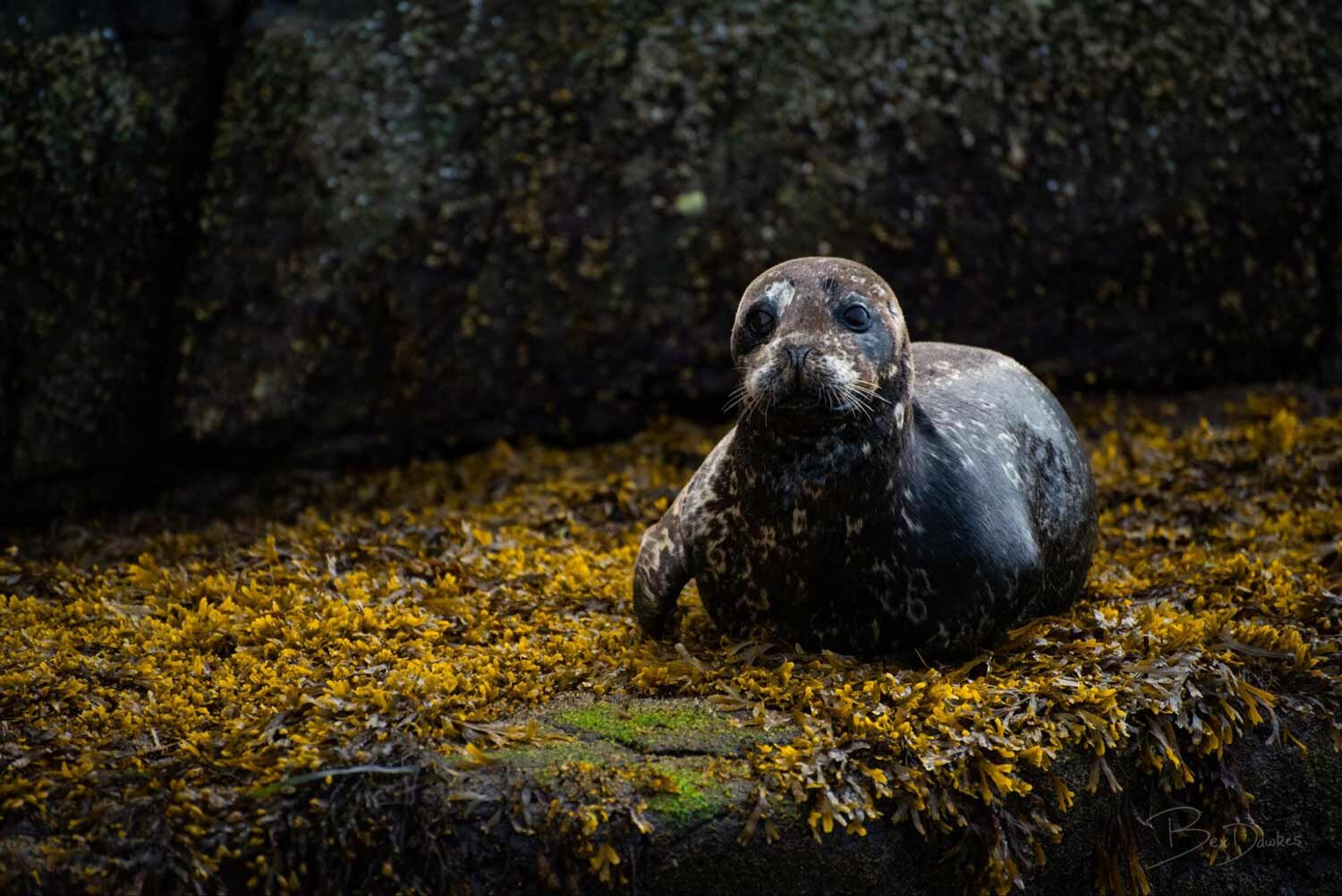Vancouver Island is home to a diverse array of wild animals, including black bears, cougars, and wolves. This region offers unique wildlife viewing opportunities due to its rich ecosystems.
Exploring Vancouver Island introduces you to its lush forests and rugged coastlines, which provide habitats for an impressive wildlife population. The island’s geography, ranging from dense rainforests to alpine environments, supports a variety of animal species. Visitors and residents alike might spot deer, elk, and numerous bird species, including the majestic bald eagles and elusive owls.
The surrounding waters are not to be overlooked, as they are teeming with marine life such as seals, sea lions, and occasionally orcas. Understanding this dynamic environment helps in appreciating the delicate balance of Vancouver Island’s ecosystem and the importance of conservation efforts to maintain its natural beauty and wildlife diversity.

Credit: www.discovervancouverisland.com
The Wilderness Of Vancouver Island
Vancouver Island boasts a rich tapestry of diverse habitats. The island’s ecosystems range from rainforests to marshlands, each home to unique wildlife species. Coastal areas offer sanctuary to marine life, while inland forests provide shelter for land animals.
Conservation efforts on the island are vital for protecting these natural habitats. Organizations work tirelessly to ensure the survival of indigenous species. These initiatives help maintain the island’s natural beauty for future generations. They also promote sustainable tourism, balancing human enjoyment with ecological preservation.
Majestic Mammals Of The Island
Vancouver Island is home to remarkable wild animals. Among them, Black Bears stand out. These gentle giants roam the dense forests, foraging for berries and fish. Their thick fur and powerful build are awe-inspiring. Respectful distance is key to safely observing these creatures in their natural habitat.
Cougars, on the other hand, are masters of stealth. Their tawny coats blend seamlessly into the island’s underbrush, making them nearly invisible. These elusive predators are expert hunters, often active at dawn or dusk. Encounters are rare, but signs of their presence remind us of the wildness that thrives in the shadows.
Marine Life Encounters
Vancouver Island’s marine life is rich and diverse, attracting wildlife enthusiasts from around the world. Among the most awe-inspiring creatures are the Orcas, known for their impressive size and strength. These powerful residents roam the ocean, showcasing their distinctive black and white patterns.
Visitors often witness Orca pods engaging in hunting and social behaviors, creating unforgettable sights. The presence of Orcas adds to the area’s reputation as a prime spot for marine observation.
Another highlight of the local marine ecosystem is the seal and sea lion colonies. These playful communities can be seen lounging on rocky shores or playfully gliding through the waters. Their charismatic antics provide a joyful display for onlookers, making them a favorite among families.

Credit: www.kayakbritishcolumbia.com
Birds Of Prey And Feathered Friends
Vancouver Island is a haven for wildlife enthusiasts, especially those keen on birdwatching. The skies are often graced by the majestic Bald Eagle, a symbol of the wild that captures the hearts of locals and visitors alike. These impressive birds can be seen soaring above the island, scanning the land and water for their next meal.
The island’s woods are alive with the sounds of owls and other birds. Each species adds a unique note to the woodland melody. From the ghostly call of the Great Horned Owl to the sharp chirp of the Merlin, these birds play a critical role in the island’s ecosystem.
| Bird Species | Habitat |
|---|---|
| Bald Eagles | Coastal regions, lakes, rivers |
| Great Horned Owls | Forests, swamps, deserts |
| Merlins | Open woods, fields |
The Circle Of Life
Vancouver Island showcases a complex web of life and survival. Predators like wolves and cougars hunt deer and rabbits. These prey animals are vital for maintaining the balance of the ecosystem.
Scavengers such as ravens and eagles clean up after predators. They help by eating leftovers. Decomposers like fungi and bacteria break down dead matter. This process enriches the soil, helping plants grow.
Seasonal Wildlife Patterns
Vancouver Island sees remarkable wildlife activity throughout the year. During spring and fall, many species, like the grey whale and various birds, travel long distances to breed or find warmer habitats. This mass migration brings a dynamic change to the local ecosystem.
Winter introduces a tough time for wildlife. Animals like the black bear prepare by eating extra food. They build up fat to stay warm and have energy during hibernation. Smaller creatures, such as the Pacific tree frog, survive by burying themselves in mud, which insulates them from the cold.
Human Encounters With Wild Animals
Vancouver Island’s wilderness teems with diverse wildlife. Close encounters can pose risks, making safety a top priority.
Experts advise keeping a respectful distance from animals. This ensures protection for both humans and creatures. Always stay on marked trails and carry bear spray in remote areas.
For wildlife photography, use long lenses to avoid disturbing animals. Never feed wildlife as it alters their natural behavior. Be aware of your surroundings and travel in groups when possible.
Educate yourself about local species. Recognize aggressive animal behavior signs to avoid conflicts. Keep dogs on leashes and camp in designated areas. Report any wildlife conflicts to authorities promptly.
Supporting Vancouver Island’s Wildlife
Supporting Vancouver Island’s wildlife involves engaging in volunteering and citizen science projects. These initiatives provide vital aid to the preservation and understanding of local species. Participants can help with habitat restoration or species monitoring, contributing to the island’s rich biodiversity.
By promoting sustainable tourism, visitors can experience the natural beauty without harming the environment. This approach supports the local economy through eco-friendly activities. It ensures that tourism revenue benefits the conservation efforts and community-based projects.
| Activity | Impact on Wildlife | Community Benefit |
|---|---|---|
| Beach Clean-ups | Protects marine life | Enhances local tourism |
| Wildlife Surveys | Tracks animal populations | Provides education |
| Eco-Tours | Minimizes habitat disruption | Generates sustainable income |

Credit: www.freshadventures.com
Frequently Asked Questions
What Is The Top Predator On Vancouver Island?
The top predator on Vancouver Island is the cougar, also known as the mountain lion.
What Kind Of Wildlife Lives On Vancouver Island?
Vancouver Island hosts a diverse range of wildlife, including black bears, cougars, elk, and numerous bird species. Marine life encompasses whales, dolphins, and sea lions.
Are There Grizzly Bears On Vancouver Island?
No, grizzly bears do not inhabit Vancouver Island; the island is home only to black bears.
Are There Mountain Lions On Vancouver Island?
Yes, mountain lions, also known as cougars, inhabit Vancouver Island. They are part of the island’s diverse wildlife population.
Conclusion
Vancouver Island’s wildlife is truly a treasure worth exploring. From majestic eagles to elusive cougars, each creature adds to the island’s rich tapestry. Whether you’re a nature enthusiast or a casual visitor, the diverse fauna promises an unforgettable experience. Remember, respecting their habitats ensures these wonders thrive for generations to come.
Discover, cherish, and protect the wild heart of Vancouver Island.
